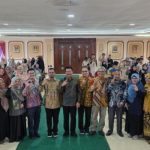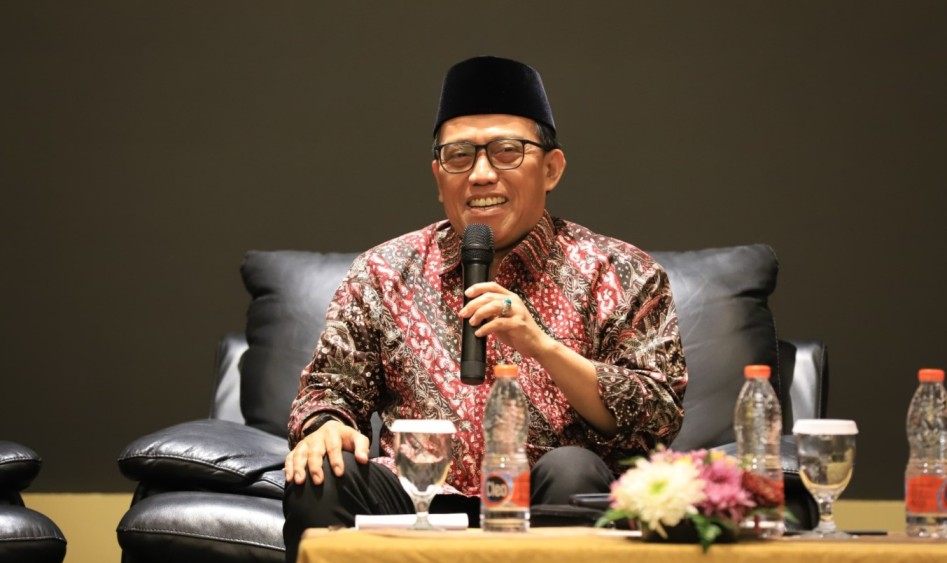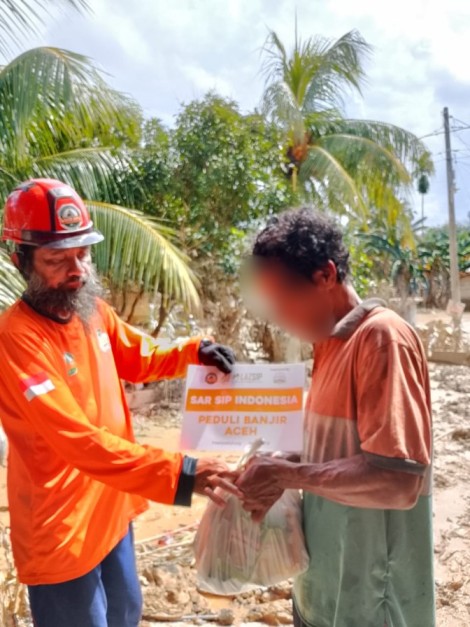Indonesia promotes multilateralism, global governance at G20 ministerial meeting

Jakarta (Indonesia Window) – In facing global challenges, especially with the COVID-19 pandemic hitting the world economic sector and threatening food security, Indonesia has promoted the importance of multilateral and good governance.
“To deal with this situation, there is no choice but to make multilateralism and global governance work well,” said Indonesian Foreign Minister Retno Marsudi in a written statement received here on Wednesday (June 30).
She made the statement at the first session of the G20 ministerial meeting in Matera, about 424 kilometers south of Italy’s capital city of Rome on Tuesday (June 29).
“Unfortunately, there are still many countries make a division by building walls at a time when the world needs bridges to overcome differences,” she added.
“I urge all the G20 countries to overcome differences and build unity. Build bridges, not walls,” Retno said.
The foreign minister said that in the first session of the meeting, she conveyed three important points.
First, the G20 should be able to function as a catalyst in strengthening multilateralism, and send a single message that the world must move forward together.
“I gave an example about vaccines. Many countries say that vaccines are global public goods, so what we need is to increase multilateral commitments,” said Retno.
According to her, multilateral commitments could be enhanced by carrying out more doses-sharing through COVAX facility, supporting the TRIPS waiver through the WTO (World Trade Organization), and providing funding to cover the shortfall in ACT-A funds.
The TRIPS (Trade Related Intellectual Property Rights) waiver is a temporary removal of copyright for COVID-19 vaccines and treatments.
The ACT (Access to COVID-19 Tools) Accelerator (A) is an effort to accelerate equitable global vaccination, launched by the World Health Organization (WHO) and its partners in April 2020.
“Another example I gave was in terms of trading. When we talk about trade for economic growth, it should be inclusive and is beneficial for all countries,” she said.
Second, it is about the importance of realizing global partnerships by respecting commitments that produce tangible results.
The G20 is expected to be a unifier in advancing an inclusive, green and sustainable future, said Minister Retno.
“What should be avoided is a one size fits all approach, and keep providing policy space to adapt to the domestic conditions of each country and provide assistance to those who need it,” she added.
Indonesia stressed that in the context of advancing global partnerships, the country now has Indonesia-Aid.
Third, the G20 should be able to revitalize multilateral institutions to be more responsive and adaptive to changes, pay more attention to equitable decision-making processes, and make the organization more relevant to the world’s rapid developments.
“I stressed that Indonesia will carry the G20 chairmanship from Italy next year, and multilateralism will continue to be strengthened,” said Retno, adding that the Indonesian Presidency will be used to increase economic resilience and stability, increase productivity, ensure sustainable and inclusive growth, and create partnerships with multi-stakeholders.
“Indonesia wants to make the G20 meaningful, not only for its members, but for all countries around the world as well,”she said.
Global collective leadership could be reinforced through dialogue and partnerships between the G20 and developing countries from various regions, including Africa, the Pacific, the Caribbean, and others, FM Retno said.
Reporting by Indonesia Window

.jpg)








